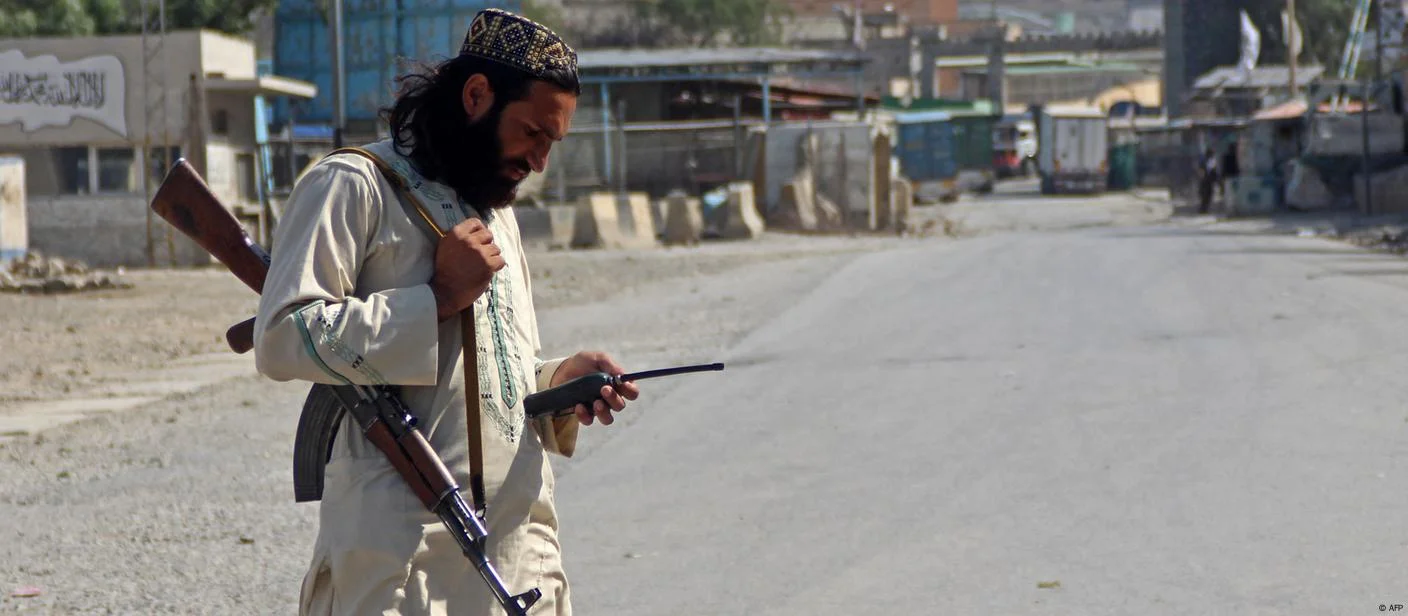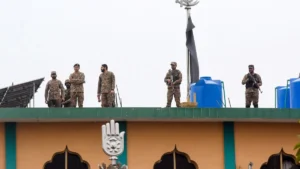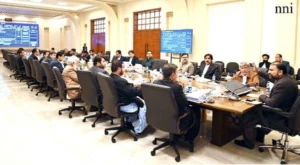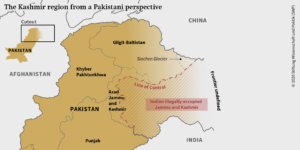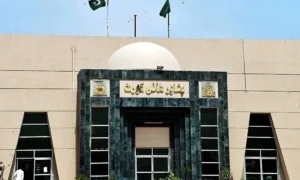The second round of Pakistan-Afghanistan negotiations, held in Istanbul in late October 2025, has once again exposed the fault lines in bilateral engagement, particularly around the contentious issue of Tehreek-e-Taliban Pakistan (TTP). While the talks were initially framed as a follow-up to the Doha ceasefire agreement, the session quickly turned into a test of strategic intent and diplomatic clarity.
TTP in the Room: A Provocation Rejected
According to sources present in Istanbul, the Afghan delegation, reportedly influenced by the General Directorate of Intelligence (GDI), attempted to bring TTP representatives into the negotiation framework. The move was seen as a tactical ploy to corner the Pakistani delegation into acknowledging TTP as a legitimate political stakeholder. Pakistan, however, responded with unequivocal firmness. Not only was the proposal rejected outright, but the session was concluded on a strict note: there will be no direct or indirect engagement with TTP under any circumstances.
This stance reflects Pakistan’s hard-earned lesson from the failed negotiation attempts of 2021–2022, when early overtures to TTP were met with duplicity and escalated violence. Islamabad has since recalibrated its policy, prioritizing kinetic operations, intelligence coordination, and diplomatic isolation of the group.
Anas Haqqani’s Intervention and the Request for Continuation
Following Pakistan’s rejection, Anas Haqqani reportedly made urgent calls back to Kabul, resulting in a fresh request for a second session, scheduled to take place today. This development suggests that the Afghan side may be reconsidering its approach, recognizing that Pakistan’s position on TTP is not negotiable. The fact that the GDI’s second-in-command, who oversees TTP affairs, was behind the initial maneuver underscores the depth of Afghanistan’s internal entanglement with the group. It also reveals a lingering belief within the Taliban establishment that TTP can still serve as a tool of strategic depth inside Pakistan, a notion Islamabad has now decisively rejected.
Strategic Clarity from Pakistan
Pakistan’s response in Istanbul marks a significant moment of strategic clarity. By refusing to entertain TTP’s inclusion, Islamabad has sent a message not just to Kabul, but to regional and global stakeholders: Pakistan. This clarity is essential. For years, TTP has operated from Afghan soil, launching cross-border attacks and destabilizing Pakistan’s western frontier. The group’s ideological alignment with the Afghan Taliban has complicated counterterrorism efforts, often blurring the lines between sanctuary and support. Pakistan’s insistence on a verifiable monitoring mechanism and actionable counterterrorism commitments is not just a demand; it’s a necessity. will not compromise its internal security or political sovereignty under the guise of dialogue.
Dialogue or Deadlock?
The upcoming second session offers a chance to reset the tone. If the Afghan delegation returns with a revised agenda, one that excludes TTP and focuses on border security, refugee coordination, and economic cooperation, progress is possible. Pakistan has shown willingness to engage constructively, but only within a framework that respects its red lines.
International facilitators like Türkiye and Qatar, who co-hosted the talks, must also play a more assertive role. They can help mediate technical cooperation, ensure transparency, and discourage tactical provocations. The success of these negotiations depends not just on bilateral goodwill, but on multilateral pressure and oversight.
Pakistan’s Diplomatic Posture: Firm but Open
Pakistan’s posture in Istanbul was firm, but not inflexible. By rejecting TTP’s inclusion while remaining open to continued dialogue, Islamabad has demonstrated a mature diplomatic approach. It seeks peace, not appeasement; cooperation, not coercion. This balance must be maintained. Pakistan should continue to demand verifiable action against TTP, push for intelligence sharing, and advocate for a joint border security mechanism. At the same time, it must avoid escalation and keep channels open for humanitarian coordination and regional trade.
Conclusion
The Istanbul talks may be remembered as a turning point, where Pakistan drew a red line and Afghanistan was forced to reckon with its strategic contradictions. Whether this moment leads to confrontation or cooperation depends on Kabul’s next move. If the Taliban regime chooses pragmatism over proxy politics, the region may yet find a path to stability. But if it clings to outdated notions of strategic depth, it risks isolating itself and prolonging conflict. Pakistan has made its position clear: TTP is not a negotiable entity. The burden of change now rests with Afghanistan.
Also Read: Unmasking the Afghan-TTP Alliance and Its Impact on Pakistan’s Security

